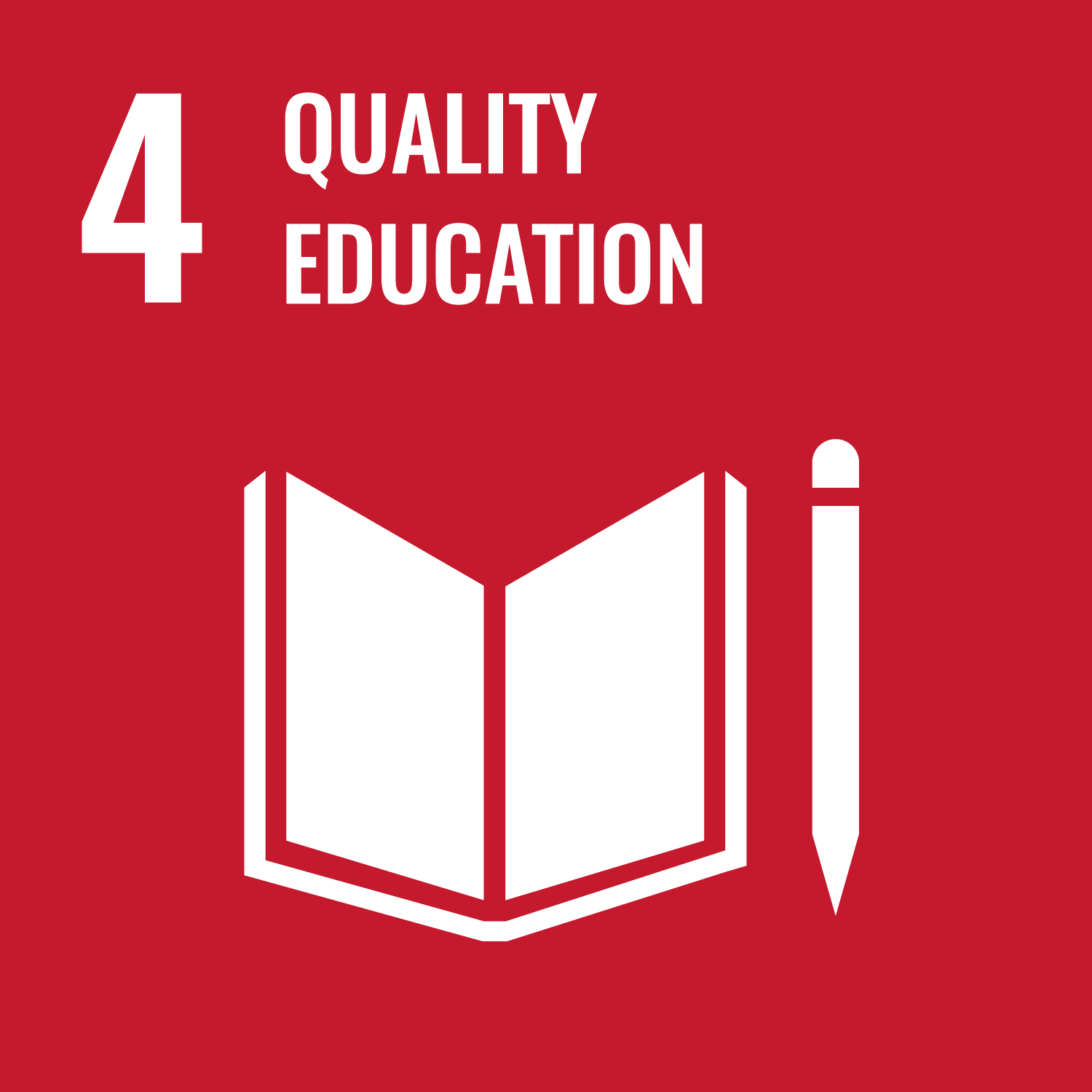Ashwell, G. orcid.org/0000-0001-8617-0921, Russell, A.M., Williamson, A.E. et al. (1 more author) (2025) Learning about Inclusion Health in undergraduate medical education: a scoping review. BMJ Open, 15 (4). e092420. ISSN 2044-6055
Abstract
Objectives An Inclusion Health movement has gained momentum over the past decade, aiming to address the extreme health inequities faced by socially excluded groups (including people experiencing homelessness, problem substance use, Gypsy, Roma and Traveller communities, vulnerable migrants, sex workers, people in contact with the justice system and victims of modern slavery). Despite this progress, there is a lack of understanding of how the issues are being taught by medical schools. We conducted a scoping review to identify and analyse existing research about Inclusion Health content and pedagogy in undergraduate medical education.
Design A stepwise scoping review methodology was followed in accordance with the latest manual for evidence synthesis from Joanna Briggs Institute and the Preferred Reporting Items for Systematic Reviews and Meta-Analyses extension for Scoping Reviews guidelines.
Data sources A search was undertaken across six bibliographic databases, and additional articles were found through citation and grey literature searching.
Eligibility criteria Primary research studies and evidence reviews from 2013 onwards were included. There were no restrictions on language.
Data extraction and synthesis Standardised methods were used to screen possible papers. A charting table was developed to record key information from the 74 papers included. Quantitative steps of the analysis included frequency counts of the extent, nature and distribution of the studies; this was followed by basic qualitative content analysis.
Results Most educational interventions were optional, or student led, with no longitudinal integration across curricula. There was little evidence of co-production with people with lived experience. Challenges included limited curricula time and faculty expertise, being an emotionally challenging subject, limitations of the biomedical model and informal learning perpetuating stigma. Key enablers included structured reflection, support, positive role models, interaction and co-production with people with lived experience, community partnerships and faculty commitment.
Conclusions Developments in undergraduate medical education are required to produce doctors equipped to meet the needs of socially excluded groups. We have summarised key aspects of the literature that will be useful to clinicians and educators in this endeavour.
Metadata
| Item Type: | Article |
|---|---|
| Authors/Creators: |
|
| Copyright, Publisher and Additional Information: | © Author(s) (or their employer(s)) 2025. This is an open access article under the terms of the Creative Commons Attribution License (CC-BY-NC 4.0), which permits unrestricted use, distribution and reproduction in any medium, provided the original work is properly cited. |
| Dates: |
|
| Institution: | The University of Leeds |
| Academic Units: | The University of Leeds > Faculty of Medicine and Health (Leeds) > School of Medicine (Leeds) |
| Depositing User: | Symplectic Publications |
| Date Deposited: | 21 May 2025 14:36 |
| Last Modified: | 21 May 2025 14:36 |
| Status: | Published |
| Publisher: | BMJ |
| Identification Number: | 10.1136/bmjopen-2024-092420 |
| Related URLs: | |
| Sustainable Development Goals: | |
| Open Archives Initiative ID (OAI ID): | oai:eprints.whiterose.ac.uk:226894 |


 CORE (COnnecting REpositories)
CORE (COnnecting REpositories) CORE (COnnecting REpositories)
CORE (COnnecting REpositories)